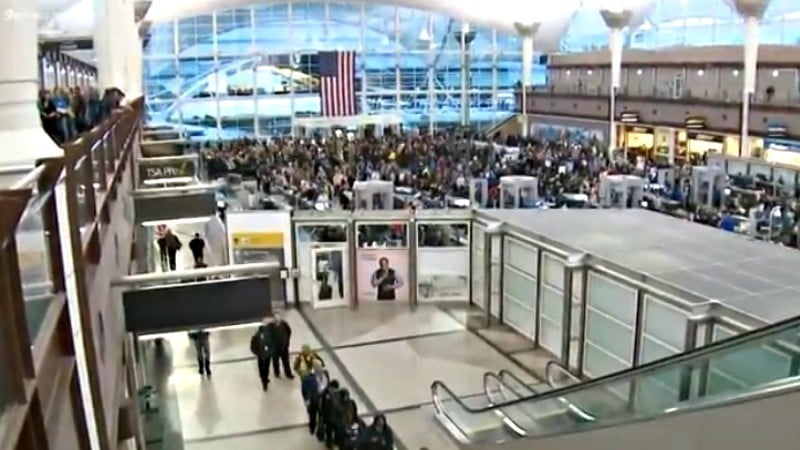Study: Price, Inconvenience Deter Sustainable Travel Choices
Travelers have good intentions when it comes to making sustainable choices, but that doesn't translate into action when it means inconvenience or higher costs, according to a new Amadeus report released Tuesday.

Travelers have good intentions when it comes to making sustainable choices, but that doesn't translate into action when it means inconvenience or higher costs, according to a new Amadeus report released Tuesday.
The Traveler Tribes 2033 report, based on an August 2022 survey of more than 10,000 travelers along with 22 industry experts conducted by Northstar Research Partners, predicted "increased demand for sustainable travel and more efficient and sustainable modes of transport," and 35 percent of travelers in the survey said they were "excited" for future opportunities to travel more sustainably. However, 63 percent said they wouldn't pay more for a flight that uses biofuel, and only 19 percent were interested in sustainable transport options that required a "notable and obvious sacrifice."
"When you look at specific behaviors related to sustainability, the things that people are willing to do are things they already do at home like recycling, [stopping] using single-use plastic or using the same bedding for a week," BVA Nudge Unit's Richard Chataway said in the survey.
The survey also divided travelers into various groups, dubbed "tribes," which included young business travelers, referred to as "Travel Tech-fluencers." In that group, which the report said is defined by a "progressive perspective," 82 percent said that their decision-making process is influenced by sustainability. As with the larger group of travelers, however, "that is until sustainability inconveniences them by having to invest significant [amounts] of their own time and money to be sustainable."
That group was more likely than other traveler groups to be willing to pay more for flights that use sustainable aviation fuel—perhaps not surprisingly, as the group has a higher proportion of business travelers who would not be traveling on their own dime. When it comes to using virtual meetings instead of in-person to reduce a carbon footprint, however, 72 percent said they'd switch from virtual to in-person if it was better for their career, and 71 percent said they would do so to improve productivity.

 ShanonG
ShanonG 
































